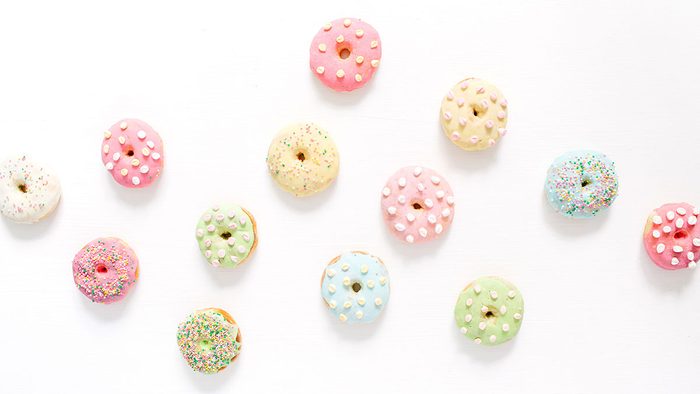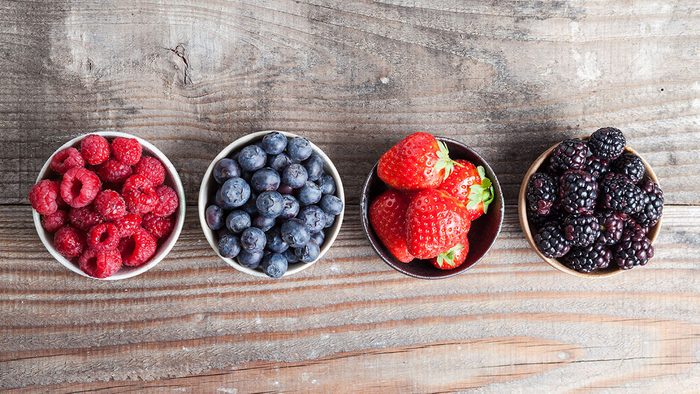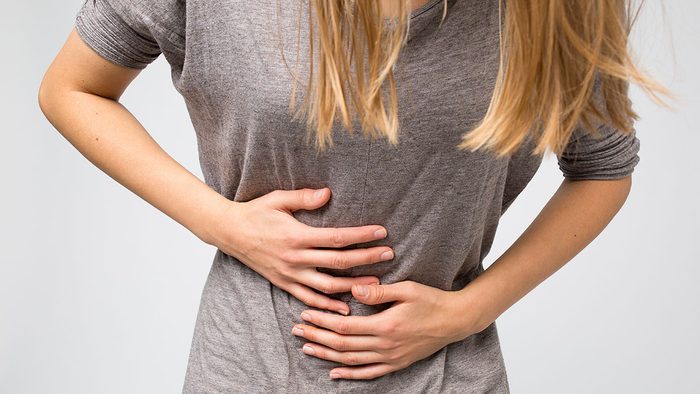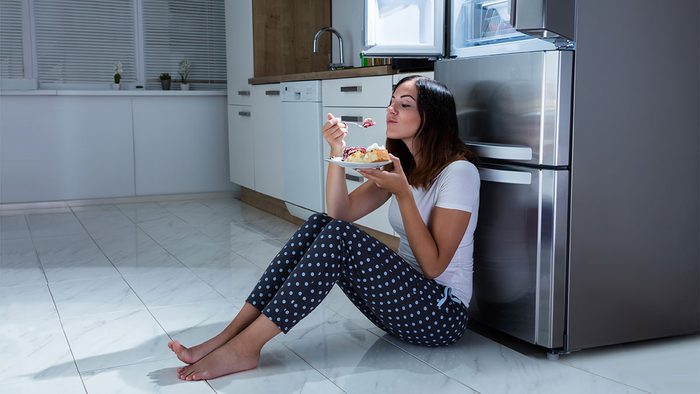
What’s sugar got to do with sleep?
Sugar has a huge impact on your health and your energy (you know you’ve experienced a sugar crash at least once!). But, what you may find interesting to know is that sugar also plays a role in the quality of sleep you get. (Here are 15 other reasons why cutting back on sugar is beneficial for your health.) So, what is it about sugar and what does it do to our bodies? We spoke with two registered dietitians to find out exactly how sugar affects sleep.
First, it’s important to know that not all sugars are the same. When we think of sugar, we often think of sweet treats like candy and cookies, but sugar can come in many different forms and it’s important to understand them. Jennifer Sygo, registered dietitian and sports nutritionist at Cleveland Clinic Canada, explains: “What we consider to be ‘free’ sugars are those that are added to foods (like candy and cereals) and drinks like pop or chocolate milk. Other examples of free sugars are honey, agave and maple syrups.” It’s these types of sugars that are often the culprits of more intense spikes and crashes in our blood sugar. (They’re also the type of sugar that tend to be more addictive.)
The type of sugars considered healthier (in moderation, of course) are those found in their bound form. “These would be the ‘natural’ sugars, present in things like fruit and milk,” says Sygo. Make sure you know these 5 things when it comes to alcohol and blood sugar.

The science behind the ‘sugar crash’
“No matter what form sugar is found in, the body breaks it down for energy,” explains Shauna Lindzon, a registered dietitian in Toronto. “The difference is that natural sugar, found in things like fruit, also has fibre, water, phytochemicals, vitamins and minerals,” which all contribute to other aspects of healthy eating. (Here are some healthy eating tips for super busy people.) As Sygo explained, there are differences in the type of sugar and, while they’re processed the same, they are absorbed differently. “Sugar in its free form tends to cause a pretty quick spike in blood sugar, followed by a pretty rapid decline or ‘crash’, whereas, if you eat sugar that’s in a bound form, for example, in an apple or from a glass of milk, the effect on blood sugar is far less, so it doesn’t cause quite that same spike or crash,” says Sygo.

The ‘sugar crash’ is avoidable
Lindzon explains that, generally, “if you consume a sugary snack in the evening, your blood sugar tends to rise about 20 minutes after you eat,” but adds that everyone is different and that some people may be able to tolerate a bit more sugar closer to bed than others. If you’re going to snack, here are some healthier options that won’t affect your sleep.
Both Lindzon and Sygo explain that what you eat with your sugar makes all the difference. Sygo says, “It depends on how much sugar you consumed, the meal it’s consumed with and then other factors that may be going on, such as your health status, whether you recently exercised or whether you’re about to exercise.” She adds: “If you eat something that is high in sugar content, but as a part of what we call a “mixed meal”—protein, some vegetables, some fats—you would see less of a blood sugar spike and crash than you would if you consumed [a high-sugar food] on its own.”

Your digestion plays a role
More and more research is bringing to light the role our gut bacteria has on all aspects of our lives—from our moods to our overall health. Sygo says, “Our gut bacteria may have some influence on how quickly we digest and absorb sugars,” and this includes complex carbohydrates, which are also broken down into sugars in the body. She adds: “One thing we do know is that the body doesn’t always handle different types of carbs equally and that some are more ‘fermentable’ than others.” This means that some people—and not everyone—may have sensitivities to certain carbs, such as fructose, which can cause bloating, gas and even diarrhea for those who have a more tender stomach or IBS.

So, how does sugar affect your sleep?
If you’re careful with the kinds of sugar you’re consuming and are eating them alongside mixed meals or if you’re eating early enough before bed, you shouldn’t feel an intense spike and crash in your blood sugar. However, if you’re coming home from a late movie, for instance, where you had lots of popcorn, pop and candy too close to bed, Lindzon explains, “you may feel some digestive upset while you’re trying to fall asleep.” Sygo adds that this rings true for eating anything too close to bed, reminding us that we need to do our best to “close the kitchen” by a certain time each night in order to take indigestion out of the equation. Don’t forget to try these 6 yoga poses for sleep, too.

A good sleep can prevent rash food decisions later
While a number of factors can contribute to a lousy night’s sleep, a good night’s sleep could be the key to eating less sugar overall. Lindzon explains, “A lack of sleep has been linked to our increasing hunger hormone ghrelin and our stress hormone cortisol, which are both associated with increasing our desire to eat unhealthy foods,” such as those containing high amounts of sugar. And it’s no surprise considering that, when we’re tired, we often reach for what’s going to give us that spike, even if we know the crash isn’t that far behind. So, avoiding too much sugar before bed (and consuming it more responsibly during the day) can in turn lead to less sugar cravings later. It’s a cycle; just keep it from becoming a vicious cycle! Plus, here are more reasons why you may not be able to sleep at night.
